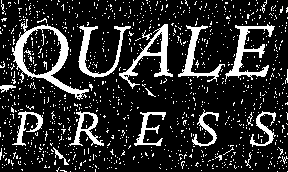|
An excerpt from Boxing Inside the Box...
A mid-century revival of American interest in prose poetry opened the way to a proliferation of prose poetry journals and anthologies by the early 1990s. The most visible starting place of this path is Michael Benedikt’s 1976 collection, The Prose Poem: An International Anthology, “one of the first significant attempts at popularizing the genre in the United States.” The book remains a monumental landmark on the map of post-World War II prose poetry, broad in historical and geographic scope, exhaustive in selections by the poets whose work Benedikt deemed characteristic of the genre. His volume is of great significance because it set a standard that ironically has limited what began as a rebellion against the restraints of definition. In the process of following Benedikt’s lead, subsequent editors and critics have overlooked prose poetry that does not fit the template of characteristics Benedikt helped to forge. Adherence to this mold has served to ossify the genre as well as exclude a great deal of work by women.
Not surprisingly, the anti-authoritarianism and yearning for personal creative freedom of the 1960s and 1970s provided fertile ground for the prose poetry revival in the United States. Poets who hoped to abandon bankrupt models and liberate themselves from tired traditions turned to the definition-defying prose poem in sufficient number to prompt Benedikt to comment in his introduction that American prose poetry had “already ceased to be an ‘underground’ affair.”
Sadly, one result of the influence of Benedikt’s collection has been that his delineation of the characteristics of prose poetry was taken, and is still perpetuated, as a standard, thus stanching much of the antic subversion and variegated vitality that was part of its initial appeal. Also, in working to popularize the genre in the United States, he drew on “Looking for Dragon Smoke,” a 1965 essay by Robert Bly, recently risen to fame as a “protest poet,” for theoretical heft. The combination of attempting a standard firmly rooted in European Symbolist and Surrealist experimentation and drawing upon an Aquarian manifesto proved antithetical to the spirit of the anti-genre genre by limiting possibilities in the early stages of its American revival.
|
